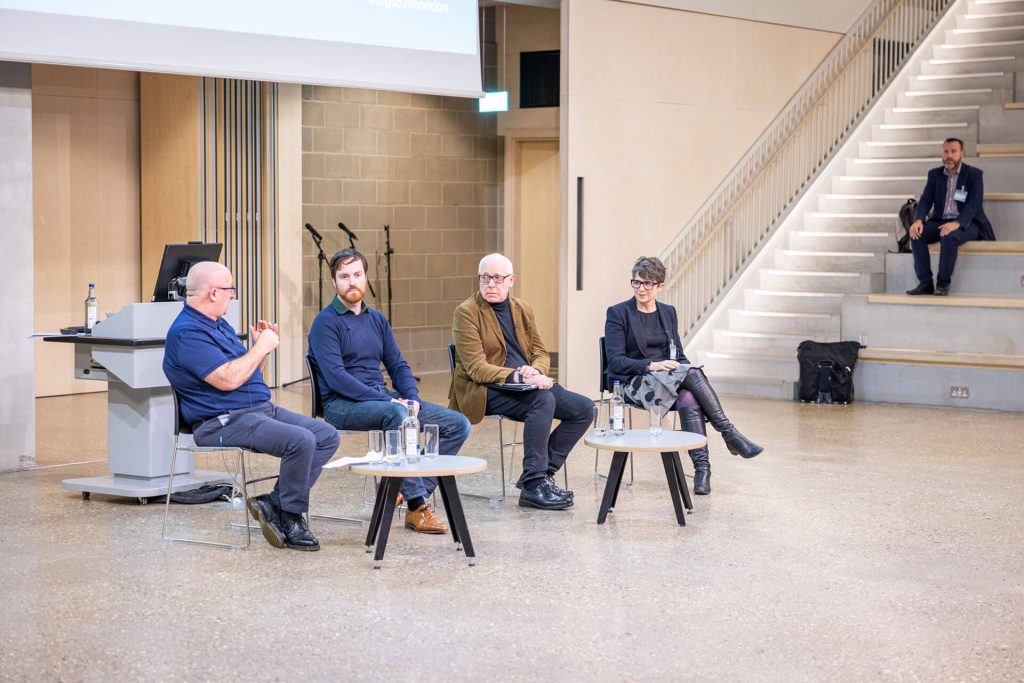Breakout session: How can South London's Innovation Clusters Deliver For The Wider Community And Economy?
Panellists: Shona Campbell, Innovate UK KTN; Tom Sweetman, PA Consulting; David Randall, Crystalisr;
Leading experts in cluster innovation emphasised the importance of collaboration and place-based focus.
Tom Sweetman, managing consultant, PA Consulting, highlighted the need for innovation to be spread into the wider economy; he said: “Remember why innovation matters. It’s not just coming up with good ideas and technologies for the sake of it. It’s being applied at scale in the real world, and innovation is one of the only ways that we’re going to be able to solve our challenges. Business is a key driver to do that.”
David Randall, founding member, Crystalisr, discussed the need to consider the role innovation clusters can play: “The innovation clusters need to be part of a coalition that goes to the government and request to decentralise funding; local authorities need the funding to sustain the foundation of the economy. They need to develop the SMEs that already exist. Let’s not keep reinventing the wheel in the innovation community. Consider what the economic and the social impact of this innovation is going to be.”
Kevin Richardson, local growth consultant at Research England, noted the need for collaboration and a clear pathway for those applying for innovation funding: “You need to understand what you want to do, why you want to do it and what you see as a priority.”
When the topic of leadership was raised, the panel discussed the example of Sutton and its ability to work with stakeholders on the Institute of Cancer Research, with the council providing the main leadership. The role of universities and vice-chancellors was also considered an opportunity with their societal role, often sitting on civic bodies. However, they agreed there were still limitations, with funding raised as a key challenge.
It was not just those in a position of power that were deemed as potential leaders; the ‘intrapreneur’ was noted as a potential catalyst. Tom Sweetman described them as: “A visionary person, they might be within an organisation or in funding systems, who can take that vision and articulate it to a wide variety of audiences to bring people along the journey to solve it.”
The panel reflected that the ideal driver for innovation should be place-based, as the people might change but place-based representatives should be able to inspire organisations who are part of the identity of the place and understand the value of the place and the perspectives of local people.
David Randall praised BIG South London’s role in trying to achieve this: “BIG has been a game changer; local authorities are now working together to do more and collaborate; this allows them to go to the GLA with one voice rather than having multiple conversations.”
Shona Campbell, knowledge transfer advisor, Innovate UK concluded by inviting businesses to consider universities as part of their innovation journey: “There’s lots of funding opportunities available for businesses to collaborate with universities. Universities typically find it hard to articulate their expertise to businesses. The really key message for the business audience is to consider your local university, or university further afield, as an innovation partner, and find your way in to have those conversations.”



